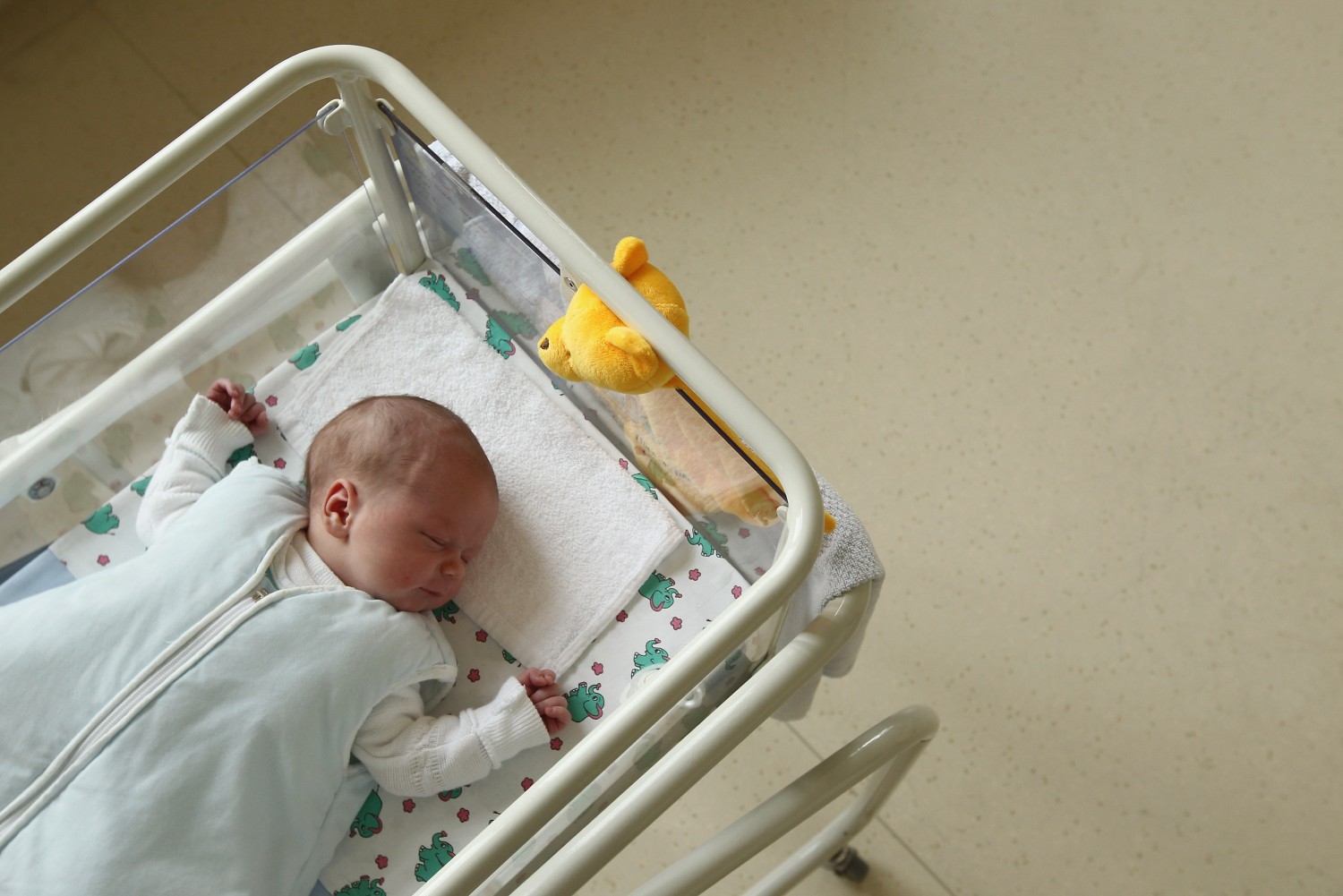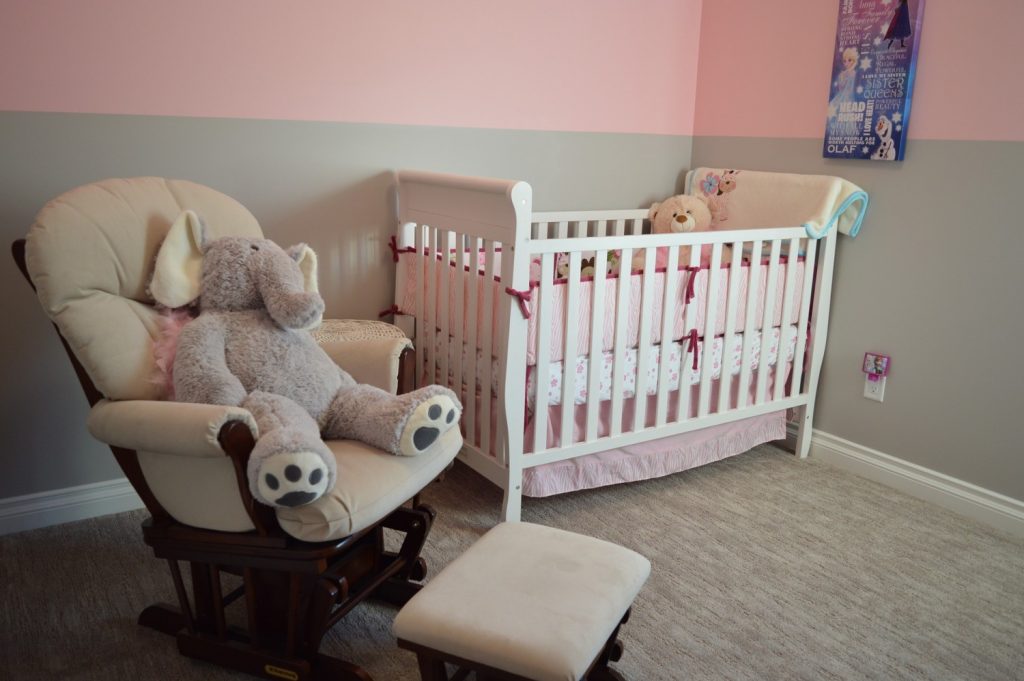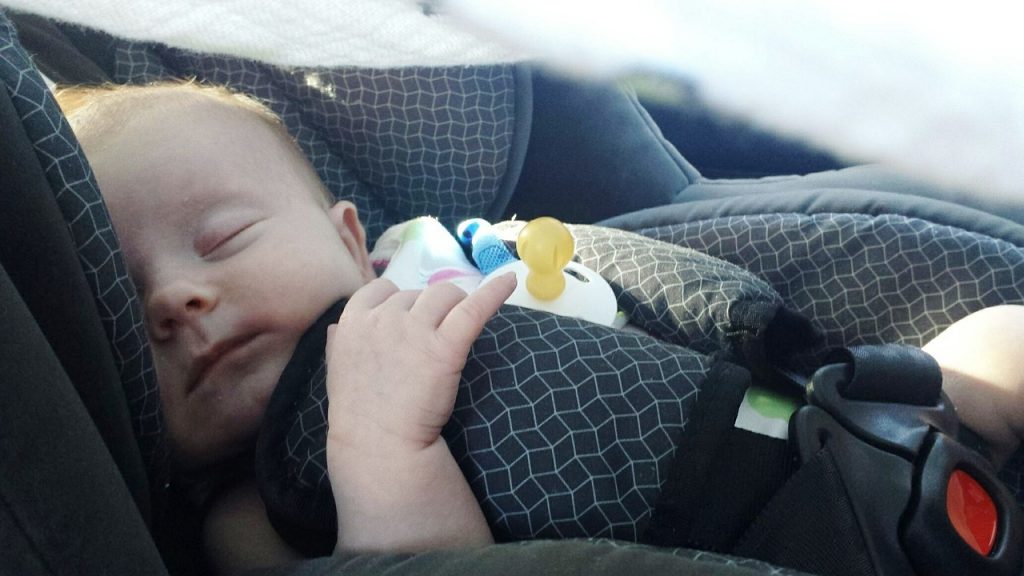Fertility treatments. They can be heartbreaking, painful and most of all, expensive. Even something as simple as an oral fertility drug that boosts egg production can easily cost hundreds of dollars. Meanwhile, in vitro fertilization costs about $8,000 per cycle, and that doesn’t include any accompanying medications. This massive cost is why some fertility treatment centers are offering what sounds like a pretty compelling deal: a baby on the first try or your money back.
In one form of these so-called refund or risk-sharing programs, a couple will pay a certain, much-higher price upfront than they would for a la carte treatments. In return, the fertility clinic promises multiple fertility treatments if needed. If nothing works, they couple gets a full refund. But here’s the catch: If the couple gets pregnant on the first try, the practice keeps every penny.
In spite of the steep price, plenty of people engage in these fertility “gambles,” and are just fine with losing out financially if it means they’ll have a baby by the end of the process.
“It’s kind of like the clinic bets on your success, and you bet on your failure,” Sarah Burke, a Pittsburgh woman who became a parent after enrolling in such a program, said in an interview with the New York Times.
So what’s the catch? (There’s always a catch). Well, according to The New York Times, doctors and the third-party companies that help manage these fertility packages, have figured out how to beat the odds.
For starters, they typically only accept women who have a better-than-average chance of getting pregnant using fertility treatments. If you are too old, too sick, or too heavy—all factors that decrease your chances of becoming pregnant—it’s unlikely you’ll be able to take advantage of these package deals.
Another way doctors improve their odds of “winning the bet” is by transferring more embryos than medically necessary in order to increase the chance of pregnancy. Despite the fact that the American Society for Reproductive Medicine discourages this practice because of the significant additional risks that come with twin and triplet pregnancies, it’s not illegal.
Some couples who enroll in these so-called refund or risk-sharing programs could end up with no baby—but still no refund. That’s because some fertility clinics define “success” in different ways. Some practices stipulate that finding a fetal heartbeat is enough to qualify as a pregnancy, and they deny a refund or discount even if the pregnancy ends in miscarriage after that point.
But the lure of a big payout isn’t enough to convince some clinics to offer these kinds of deals. For some doctors, no amount of money is worth the potential bad press. For example, at the New York University Langone Fertility Center, which is one of the busiest in the United States, no package deals are offered.
In spite of some of the potential pitfalls, plenty of people are enrolling in these programs. One couple from Leesburg, Virginia, suffered repeated miscarriages, so they made a deal to pay their fertility clinic a whopping $50,000 for treatment—about $20,000 more than the necessary services would have cost.
In return, the clinic promised success on the first try or they’d give the money back. Lo and behold, the couple became pregnant on their first round of IVF, and later conceived twins after signing up for a similar deal some months later.
“You get used to failure after failure, so we were thinking that we were never going to get anything other than what we were already used to,” Burke told the New York Times. “We’d dealt with so much heartbreak, and I’ve never been happier to make a bet and be proven wrong.”









